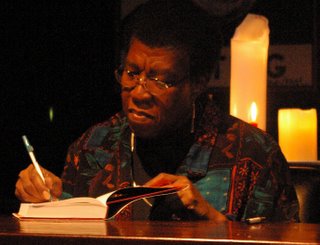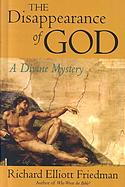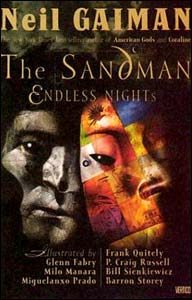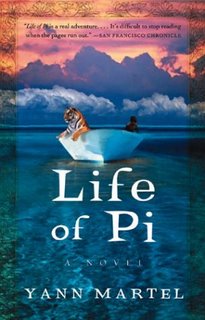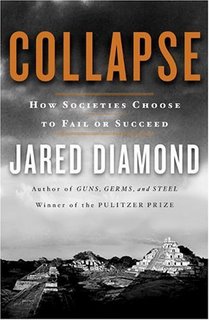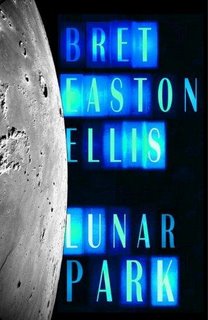
This is one of those books that you don't find too often. It's not a history of the creation of the Christian "New Testament", it's a scholarly analysis with a critical angle from a non-religious viewpoint. Burton Mack takes Christian "truths" with a grain of salt. I would say that's a strength instead of a weakness, but some people of the modern evangelical sort have the idea that to understand the Bible, you must approach it as being a true historical document and can only understand its formation in that light.
Let me give you an example. In the Bible, the four gospels are credited to Matthew, Mark, Luke, and John. Most lay-people do not know what all Biblical scholars know, which is that the names these books are credited with did not surface until 50 or 100 years after the gospels were completed. Also, if you believe in the merits of textual analysis, these books are compilations of writings by people in movements associated with different "apostles". These may or may not have been the named apostles of the Bible (and remember, there are two almost entirely different lists of apostles given in the Bible), but in any case, these were groups (not churches yet) with different philosophies, not the individual men whose names are on these books. Still, even if you don't believe in textual criticism, it's undeniable that the first time names are mentioned with these gospels is well after the gospels were written and distributed. That alone wouldn't be a sufficient argument, except for the fact that these books (or parts of them) were known in times preceding the attribution of the name, without their names. So if you were thinking that the names just weren't mentioned until later, think again.
Mack examines why and how this could happen. His answer is that based on the Hellenistic model, writings would be produced in a school founder's name by his "disciples" or students. This is not conjecture, it was standard practice by Greek schools at the time. Given that in large part the foundation of the Christian church is Greek, that should come as no surprise. Of course, the Greek model was standard throughout the "world" at that point, from North Africa (Carthage) to Asia Minor (a number of cities there were Greek) and to Greece proper. So it should come as no surprise to find early Christians continuing a practice they were already familiar with. If it surprises you that they would do this, given that none of us today would write something as if it was going to be included in the Bible as holy scripture (and would almost regard that as blasphemy), keep in mind that until 1500 years ago, there was no Bible, and no canon of sacred scripture. As a matter of fact, in the first century AD, there was nothing regarded as holy scripture.
Mack goes on to talk about the reasons for the writing of each gospel. Because the "proto-orthodox" church won out eventually, they got to decide what the Christian past was going to look like (the winners always write the history). Therefore, we have the four gospels that seem to be all in accordance with each other about the divinity of Christ, virgin birth, death and resurrection, and the need (or not, rather) of adhering to Jewish law now that Jesus had come. However, in reality, each gospel was crafted as a position statement from each of the original movements in Christianity. As a matter of fact, it wasn't even Christianity originally. It may surprise some that most of the early followers of Jesus had no conception of Jesus as divine. Many Jews followed him as a sort of reformer to bring them back to the right path of Judaism. Many Gentiles followed him because of his social message. You may notice that the earliest Christian writings, those of Paul, nowhere mention Christ, the son of God. Heck, he doesn't really even talk about Jesus. When later the Christ myth began to coalesce, there were still different sects. The original ones that didn't believe in his divinity, then splinters of those that did. But then they couldn't even agree on how he was divine or how best to follow him.
At first, the Gnostics were one of the larger sects of Christianity because they had a better-sounding message and made more sense. However, the proto-orthodox began unifying their position in order to be able combat them. This battle went on into the second century before they finally quelled most Gnostic sects. The proto-orthodox needed texts to support their positions. Originally, there were many more writings and the few we have now survive mainly because the proto-orthodox only wanted those that agreed with their point of view. The strength behind this argument comes from the find at Nag Hammadi. It's chock full of non-orthodox writings that were common at the time.
The point is, the church needed gospels like Matthew, Mark, Luke and John, and also the letters of Paul. Of course, in later Christian tradition, it isn't mentioned that anyone made these up to fit a certain viewpoint. Well, that's not entirely accurate anyway. They already existed, the church just kind of "tweaked" them to come more into line. Mack does a good deal of explaining why and how that might have happened. This book does more of that kind of explaining than any other book I've read yet.
In the end he comes up with a pretty good summary, but I wanted to quote some of the last chapter. He's asking some questions about Christianity. In this passage he's talking about the problems with Christianity.
The reason the Bible is not an innocent bundle of figures for doing personal divination is that each of the factors in the biblical equation has already been given its Christian valence. The 'old' is the sign under which those who are not Christian are viewed. These 'others' always appear tarnished and fundamentally in need of repair or redemption. The 'new' is the sign under which the possibility of transformation to Christianity is viewed. The Christian potential is seen as bright and shiny because it points toward perfection and is grounded in the miraculous. The people of the old are under judgement; the people of the new are under grace.
[...]But the radical ranking of Christians above their significant others has never been limited to Jewish-Christian relations. As a lens through which to view the world, the old-new formula in the composition of the Bible has resulted in a distinctively Christian mentality that views all non-Christians as pre-Christian.
That's pretty good stuff right there. Now I have to admit, when Mack uses words like "ridiculous" to describe miracle stories, you might think he's being a little pushy. But then, I think he's just trying to illustrate what Christianity looks like to anybody who looks at it as just another religion or mythology. After all, most people don't take the story of Corn-woman as literal either.
Of course, if you don't think studying the history of Christianity is important, either because you don't believe it and don't care who does or because it's your sacred truth, I still think that has a piece of non-fiction work this is a good book. Mack is a decent writer who does a fairly good job of explaining things in plain English (although the odd Hebrew or Greek word does show up). Sometimes he can get a little pompous sounding, but I don't think it's really ever overwhelming.
So there you go: I recommend this book to any and all readers. I hope you can enjoy it like I did.
